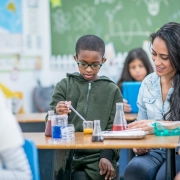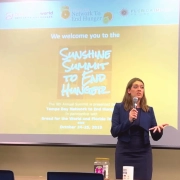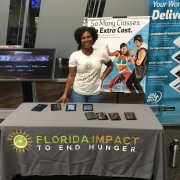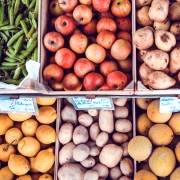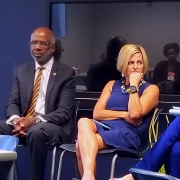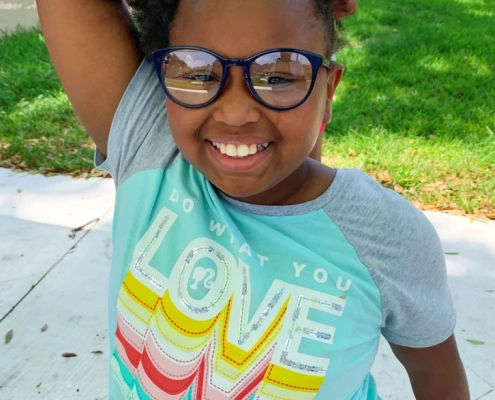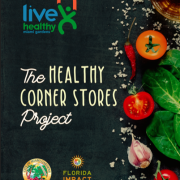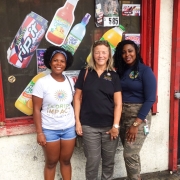THE 2020 CENSUS IS COMING SOON—WILL YOU AND YOUR COMMUNITY COUNT?
Over the past few months, I have been a member of the Census 2020 “Hard to Enumerate” Sub-Committee in Broward County. The goal of this committee is to raise awareness and improve the census 2020 count by coordinating with human services and non-profit agencies to identify and reach out to hard-to-enumerate populations and increase participation in the census.
When I first joined this committee, it was not readily apparent what role myself or Florida Impact To End Hunger would play, however, over the past couple of months, it became crystal clear how immensely important that every person, including young children are counted in the upcoming census.
I learned that in 2010, the Decennial Census missed over two million young children under age five. Census data is used to allocate over $800 billion a year in federal funding by formula to states and communities. When we miss millions of young children, their states and communities lose proper funding in the programs that help children thrive, like schools, childcare, children’s health insurance, housing, nutrition programs and public transportation for 10 years.
Think about that: the census only happens once every ten years, so if we miss millions of children who are very much in our communities, we will also be missing funding for those millions of children for a whole decade and most of their childhood.
Here are a couple of alarming statistics from the census bureau to consider:
-
22 million children get free or reduced lunch every day. Census data influences the distribution of the free lunch program.
-
900 thousand children have a better shot at succeeding in school and life because of Head Start and Early Head Start. Census data influences the distribution of Head Start funds.
Florida Impact To End Hunger mobilizes communities to maximize access to federal, state and local food and nutrition programs. With funding allocations on the line, if we miss young children in the census, it is clear that it has serious consequences for them, their families and their communities.
Young children had by far the highest net undercount of any age group in the 2010 census. I encourage and challenge you to help spread the word about the importance of this upcoming census to your whole community network. Family, pediatricians, childcare providers, family resource and guidance centers, librarians, teachers and faith based organizations!
Sue McAllister
Regional Director of Southeast Florida
Florida Impact to End Hunger

